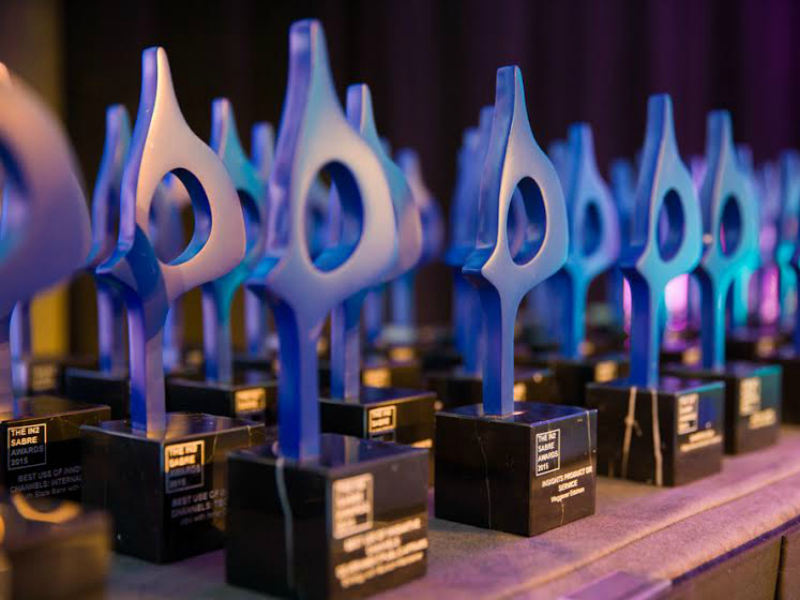
The Innovation SABRE Awards — North America 2020
Showcase your innovation. Don't miss your last chance to enter November 4!

 Podcasts
PodcastsCatch the latest PR news & updates with PRovoke Media's PR Podcasts. Lifting the lid on key industry stories & trends, join our listeners of PR podcasts today.
 Videos
VideosLatest video interviews and campaigns from PRovoke Media, previously known as the Holmes Report.
Long-form journalism that analyzes the issues, challenges and opportunities facing the business and practice of PR.
 Profiles & Interviews
Profiles & InterviewsExplore PR profiles and interviews with leaders from the marketing and PR worlds.
 Crisis Review
Crisis ReviewPR Crisis & Business Crisis review. PRovoke Media's annual analysis of the top reputation crises to rock the corporate sector. Read on here.
 Coronavirus
CoronavirusPRovoke Media's coverage of the Covid-19 crisis, focusing on corporate communication, public affairs & PR industry fallout.
 Trend Forecasts
Trend ForecastsPRovoke Media's PR Trends round up. PRovoke Media's annual forecast of PR trends and news that will impact the PR world in the year ahead...
 Social & Digital
Social & DigitalDedicated to exploring the new frontiers of PR as it dives deeper into social media, content and analytics.
 Technology
TechnologyOur coverage of key technology PR trends and challenges from around the world of digital communications.
 Consumer
ConsumerFrom brand marketing to conscious consumerism, coverage of key marketing and PR trends worldwide.
 Employee Engagement
Employee EngagementPRovoke Media's coverage, analysis and news around the rapidly-shifting area of employee engagement and internal communications.
 Sports Marketing
Sports Marketing Sports PR news, diversity & inclusion trends, views and analysis from PRovoke Media. Subscribe today for the very latest in the world of sports communications.
 Global PR Agency Rankings
Global PR Agency RankingsPRovoke Media's definitive global benchmark of global PR agency size and growth.
Enter PRovoke Media's 2024 Global 250 Agency Ranking and/or our Agencies of the Year competitions now.
 Agencies of the Year
Agencies of the YearPRovoke Media's annual selections for PR Agencies of the Year, across all of the world's major markets.
 Innovator 25
Innovator 25PRovoke Media profiles marcomms innovators from across North America, EMEA and Asia-Pac.
 Creativity in PR
Creativity in PRIn-depth annual research into the PR industry's efforts to raise creative standards.
 Asia-Pacific Communication Index
Asia-Pacific Communication IndexAPACD/Ruder Finn annual study of Asia-Pacific in-house communications professionals.
 SABRE Awards
SABRE AwardsThe world's biggest PR awards programme, dedicated to benchmarking the best PR work from across the globe.
 PRovokeSummit Global
PRovokeSummit GlobalThe biggest PR conference of the year, a high-level forum designed to address the critical issues that matter most.
 PRovoke Media Regional Series
PRovoke Media Regional SeriesA global network of conferences that explore the innovation and disruption that is redefining public relations.
 Agencies of the Year
Agencies of the YearUnrivalled insight into the world's best PR agencies, across specialist and geographic categories.
 Roundtables
RoundtablesOur Roundtables bring together in-house comms leaders with PR firms to examine the future of communications.
 Agency Playbook
Agency PlaybookThe PR industry’s most comprehensive listing of firms from every region and specialty
.jpg) All Jobs
All JobsFind the latest global PR and communications jobs from PRovoke Media. From internships to account executives or directors. See all our PR jobs here.
PRovoke Media's editorial series published in collaboration with partners.

Fifteen years before all agencies were forced to become virtual, George Blizzard – along with co-conspirator Nicky Regazzoni – saw an opportunity to innovate the agency model and form the first global PR agency to be virtual by design, The PR Network. The duo, who started their careers in B2B technology communications and met at Bite before launching their own venture, were also ahead of the rest of the industry in leading the firm together in a seamless job share from the start. Their network of senior independent communications professionals now extends to more than 2,000 associates across 40 countries. Since 2005, they have worked with global brands including Workday, Zipcar, ABG (Avis), Vodafone, Dropbox, Toyota, Lexus, Sophos, Snapchat and Patagonia, as well as innovative start-ups. In 2018, the super-smart pair – both passionate advocates for flexible working, female leadership and gender parity in the industry, including being mentors for Women in PR – launched a PRCA working group to champion virtual agencies as a credible choice for clients. This year, Blizzard and Regazzoni’s vision meant they didn’t skip a beat while the rest of the industry had to work out overnight how to pivot to virtual.
Where is the most urgent need for innovation within the PR/communications industry?
Innovation is often associated with shiny new tech - but to me it’s always been about flexibility: how we can tweak and improve to add value. Innovation is the birth child of creativity! I think the PR/communications industry has always been adept at reinventing itself, whether it’s the birth of social media and the opportunities associated with that, or the success of the podcast and video comms like TikTok. The one area I feel still needs focus is how we work, not what we do. For example, there are still huge strides to be made – which the pandemic has highlighted – in how forward-thinking we are in enabling our people to work smartly, whether that’s providing greater flexibility or remote working, or encouraging parents to return to work or catering for our industry’s woeful mental health statistics.
How would you describe the communications/PR industry's level of innovation compared to other marketing disciplines?
In previous years, I would have said it was lagging behind some of the other marketing disciplines, but this year, it feels like comms has come of age. With the plethora of challenges brought with the pandemic, the entire communications and PR function really had to innovate, bend and flex to meet the demand placed upon it.
How have the events of 2020 impacted innovation in the PR and communications industry?
Beyond the obvious issues that all businesses have faced in terms of dispersed workforces, cost management and new ways of working, the PR and communications industry has actually risen to the challenge of implementing flexible working across the board, seeing that people can collaborate and be creative without being in the same room all day every day. I hope these changes become longer term once we return to ‘normal’ business life post-pandemic in 2021.
The industry has also had to counter misinformation and try and cut through complex and erroneous messages, and to respond to a closer relationship with its publics. Companies have had to respond carefully and thoughtfully with a viewpoint via social media, whether regarding Covid-19, the Black Lives Matter movement or the US election.
Where is the PR industry's greatest opportunity for taking the lead on innovation?
We now have the ear of the board, by delivering complex messaging in a crisis. There is a renewed respect – a renaissance of the PR and communications industry – so now is the time to role model how many of our client organisations should work. We are essentially a people focused industry, by showing that we can work in organisations that are compassionate, kind, welcoming and outcome-driven (not measuring how successful employees are by measuring their time), we can take the lead.
What is the ideal working scenario for innovation?
I would always say working in partnership lends itself best for creativity and innovation. Diversity of thought is important whenever you make a decision and I’ve always benefited from that with my job-share with Nicky Regazzoni.
Has 2020 changed the way you define/approach innovation? How?
It’s made me realise that innovation isn’t about shiny, sexy, new technology – it can be about lateral thinking and clever tweaks that result in a better, high value outcome. I’ve learned to embrace the simple shifts that make a big difference, whether that’s a new way of handling internal comms or the launch of a new product line.
What is the most innovative comms/marketing initiative you've seen this year?
There have been some brilliant innovations in the area of virtual meetings, beyond Zoom. We rate Mmhmm, which recently launched. I experienced it first-hand on a client event and it is a refreshing way of engaging with your audience. I’ve also loved seeing all the events companies quickly bring content and events online – the events industry has really shown how resilient and agile it can be this year. It was also a lot of fun watching our industry awards creatively embrace online awards.
What is the most important lesson you've learned this year?
To be grateful. If we’ve learnt anything this year, it’s got to be how important it is to appreciate what we have, we just have no idea what is coming around the corner and sadly, there is always someone somewhere worse off.
Describe a moment in your career that you would consider innovative.
Setting up The PR Network with Nicky in 2005 and committing to running it via our job-share.
Any habit/activity that you have added to your life this year that you hope to take forward post-pandemic?
Trying not to worry about something until it happens as more often than not, it won’t. I’m also exercising more than I have ever done in my life and I’d like that to continue, as it’s made such a difference to my overall health and most importantly my mental health.
How can the PR industry make real progress in diversity, equity and inclusion (DE&I) and what is the biggest obstacle?
I like the expression “if you can’t see it, you can’t be it”. We need to continue role modelling when we get it right and talking openly when we get it wrong. To support greater representation and social mobility, we need to be prepared to step aside to give others a platform, for example passing a speaking opportunity to a peer. There are some phenomenal agencies doing great work in this area and we should be celebrating them. The biggest obstacle is fear – of getting it wrong, or offending someone.
What are you thinking about most these days?
What the world is going to be like for my girls. So many big things have happened this year, some good and some bad. I worry and rejoice in equal measures about the world they are going to inherit. And GCSEs as my eldest is currently sitting her mocks – that is invading my head space right now!
Your bold prediction for 2021…
I think next year will be the year of compassion and partnership. 2020 has been a rollercoaster of emotions and crises, some of which are coming to an end with a new US leadership on the horizon, and a vaccine rollout. We will all dust ourselves down, pick ourselves up and start again. I’m hoping we will see a more collegiate approach with companies working together and supporting each other and more thoughtful and compassionate values at the forefront. I’d like to see more companies work towards B Corp status and put those kinds of moral values at the heart of their business - not just the financial metrics.
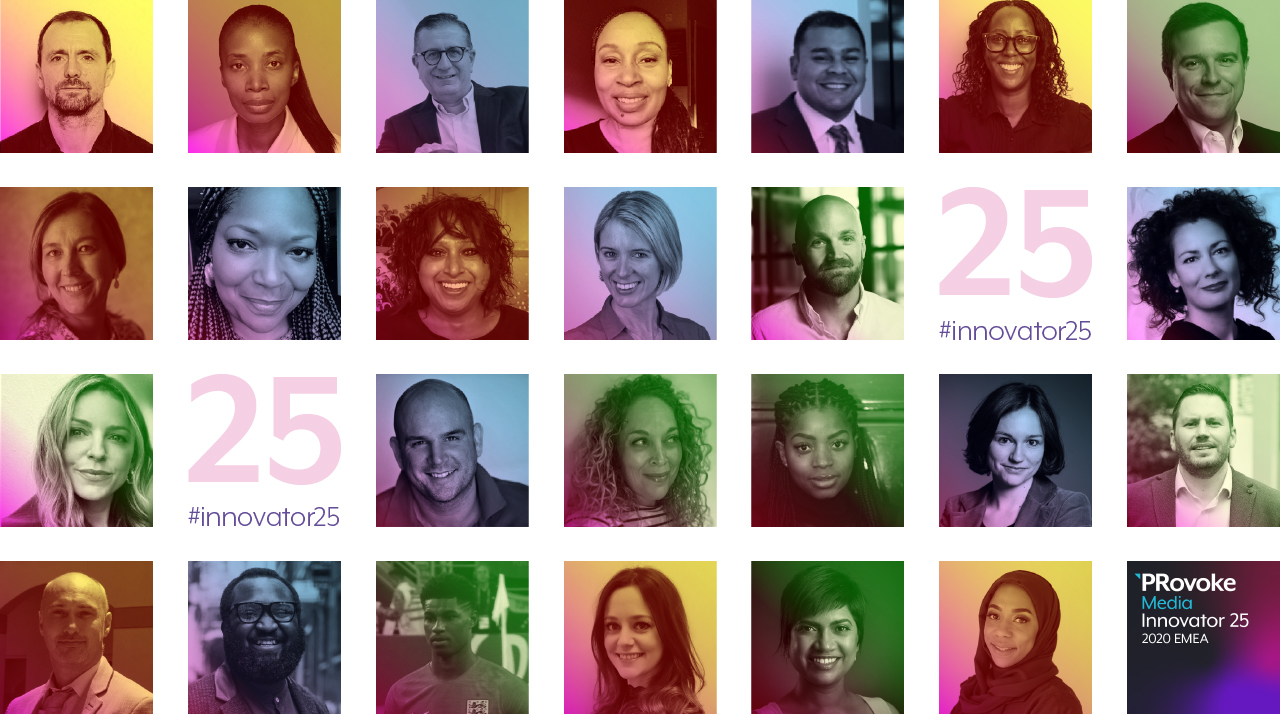


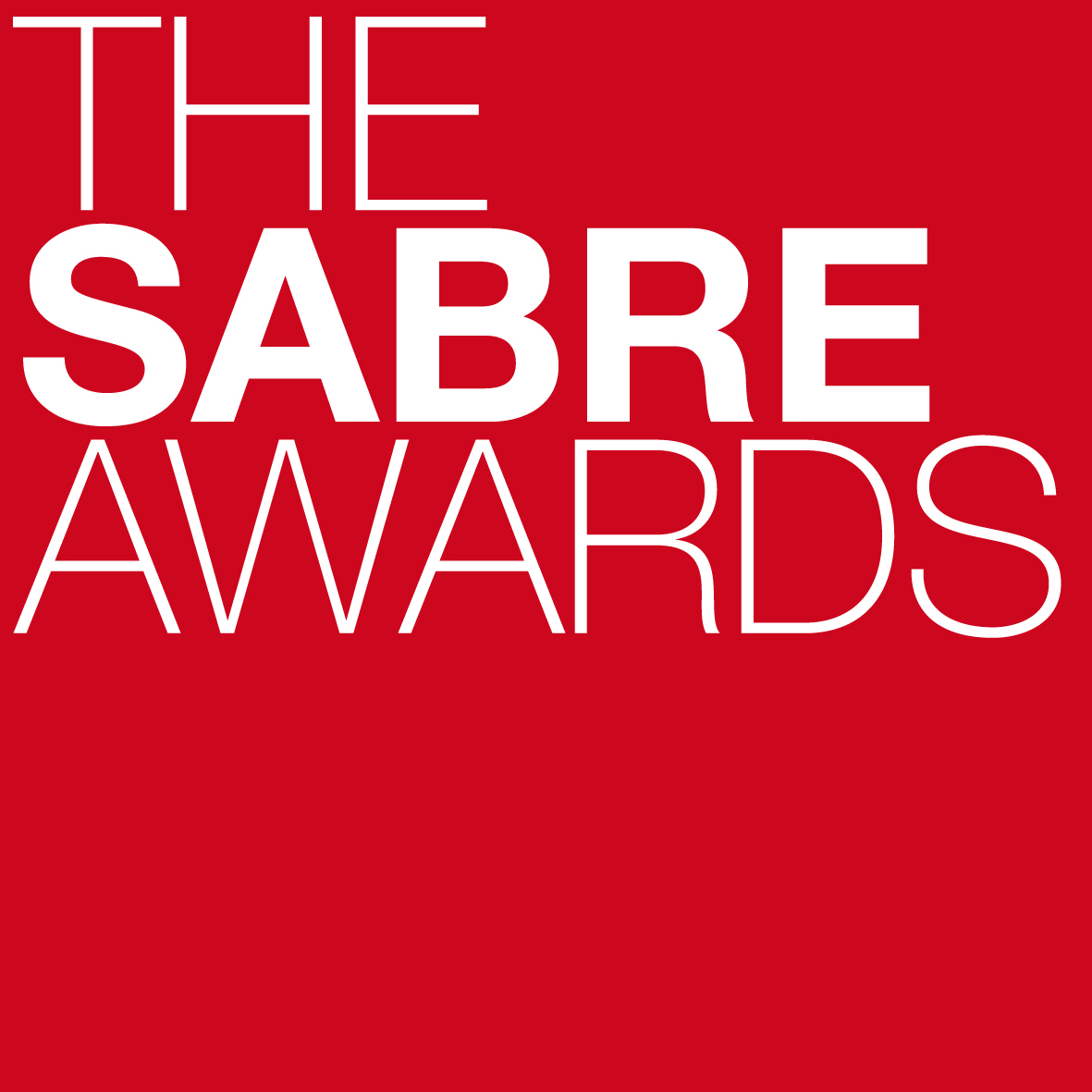
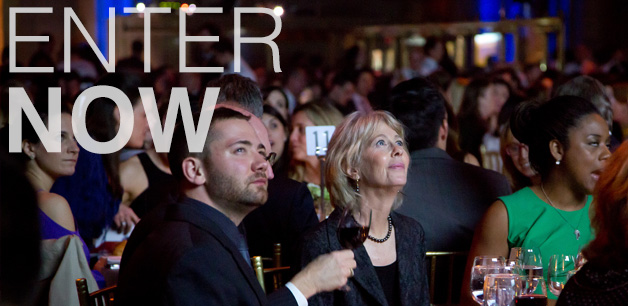

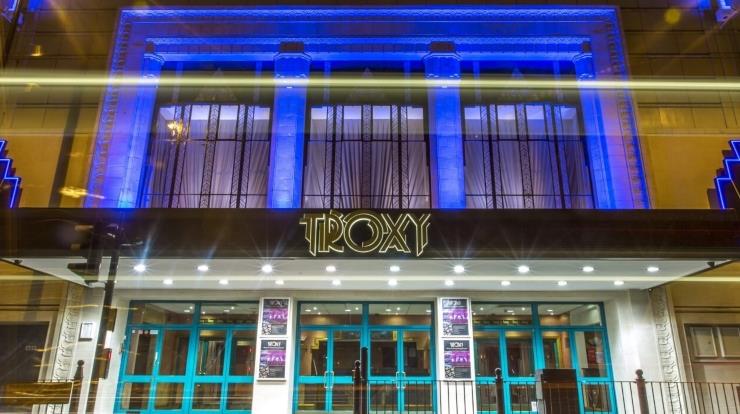

Intelligence and insight from across the PR world.
About PRovoke Media Contact Us Privacy & Cookie PolicyWe feel that the views of the reader are as important as the views of the writer. Please contact us at [email protected]
Signup For Our Newsletter Media Kits/Editorial Calendar Jobs Postings A-Z News Sitemap© Holmes Report LLC 2024